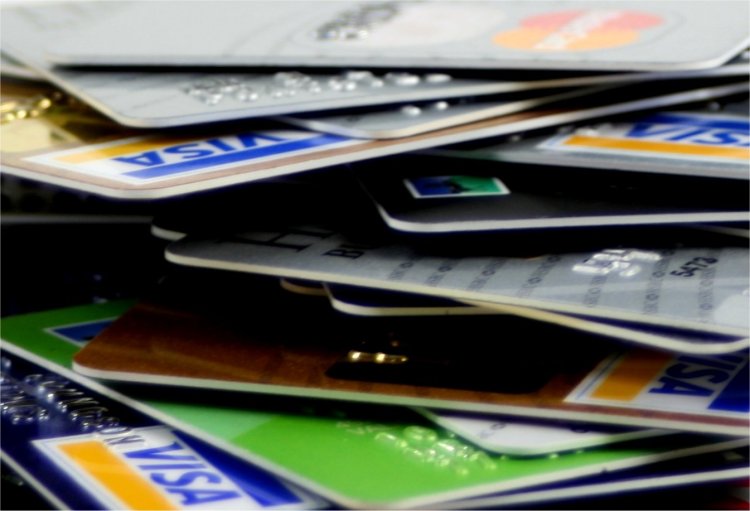Anyone who has debt problems knows how great it is when you finally pay off those debts. It’s such a huge relief, and you can feel the weight being lifted from your shoulders. But the hard work doesn’t necessarily stop there. You have to maintain your strong financial position and work hard to make it even stronger.
If you don’t know where to start when doing that, here are some essential ideas to get you started today.
Use Credit Cards Responsibly
Getting out of debt is a big achievement, but it’s very easy to slip back into your old ways. This is something that many people do. They get complacent when their old debts are cleared and forget to keep up the good work. But if you do carry on using credit cards you should make sure that you use them responsibly. You could get into more debt trouble if you don’t.
Credit cards can be a big stumbling block for people who struggle to stay in control of your finances. It’s so easy to keep spending, and it seems like nothing is standing in your way. But that borrowing will come back and catch up with you, so don’t forget that fact.
Start Saving for Retirement
The number of people who never give any thought to their retirement fund is quite staggering. You will only make life more difficult for yourself when you are older if you don’t save some money. You are never too old or too young to start putting money aside for your retirement. Ideally, people should start doing this in their 20s or 30s. When you start young, saving a small amount of money can have a huge impact later on.
If you have a pension plan with your current employer, you should try to match this yourself. If you can do this for as long as possible, you have a very healthy retirement fund. You might also want to invest some of this money to increase the amount of money that you have to fall back on in retirement.
Save for Other Emergencies or Big Purchases
If you don’t also save for future emergencies and big purchases, you might be forced to start borrowing money in the future. When you’ve worked so hard to clear your debts, that’s not something that you want to be doing. So, make sure that you are doing everything you can do save for those expenses that you might face in the future.
You don’t have to save a massive percentage of your income for things like this. But it’s always a good thing to have some money stashed away for those times when you need it most. Your own personal finances can take a big hit, and your debt can climb again when you forget about things like this. It’s particularly important if you know that you’re going to want to upgrade your car in the future.
Improve Your Credit Score
Immediately after clearing your debts is a good time to think about improving your credit score. When you have been in debt trouble, it’s very likely that you racked up bad debt and missed repayments. Both of those things have a very negative impact on your credit score. It’s a mistake that you should really put right because a bad credit score can be very harmful.
First of all, you need to learn about how to remove charge offs. These are payments that you don’t pay back after 180 days. These can seriously damage your credit score and mean that getting credit in the future will be pretty much impossible for you. So, get rid of them and improve your overall score.
Focus on Paying Off Your Mortgage
When someone says that they have paid off their debts, and they are free of debt, that normally doesn’t include their mortgage. People don’t tend to count this as a debt, even though it clearly is. So, if all your other debts have been cleared, it’s important to then turn your attention to this one. It’s a debt that you can pay off over a long period of time, but it’s still good to take care of it quickly.
Once you are in ownership of your own home, and you don’t owe anything to creditors, you will be 100% free of debt. That’s a great way to be living your life. You feel free, and you’re not worrying about how you will make that next big repayment. With the extra income you have, it shouldn’t be hard to increase the mortgage repayments you make.

